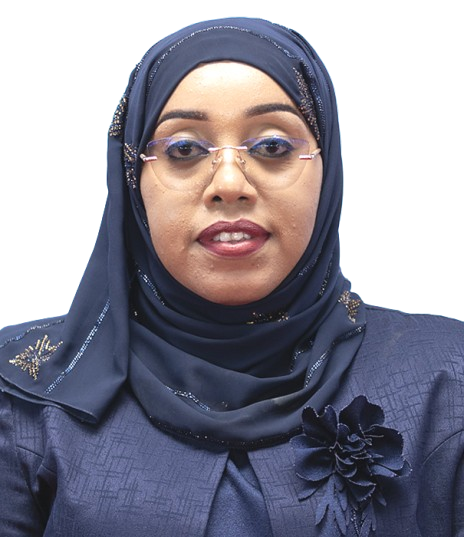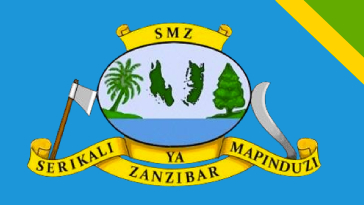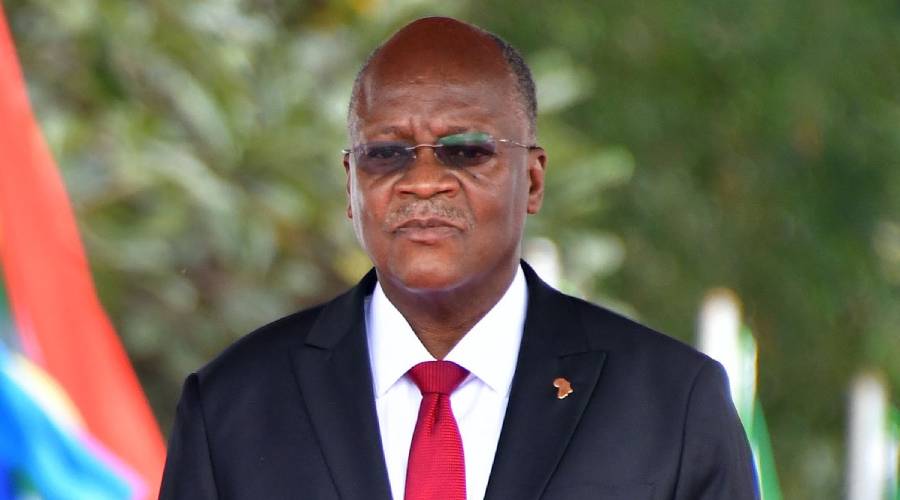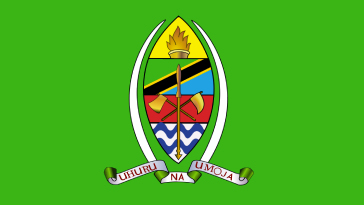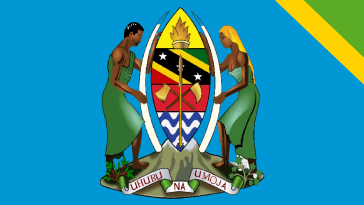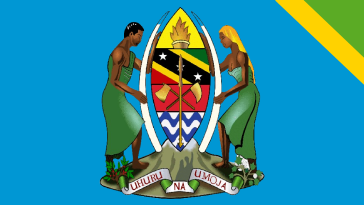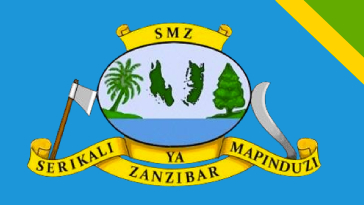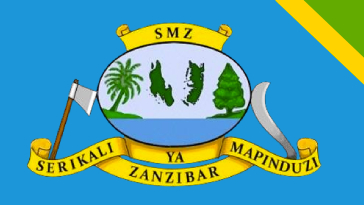Introduction
The Ministry of Infrastructure, Communications and Transport is one of the Ministries of the Revolutionary Government of Zanzibar. The Ministry is made up of four Departments, as well as seven Independent Institutions, namely: - Personnel and Operations Department, Planning, Policy and Research Department, Communications Department and Head Office Pemba. Independent entities are the Ports Authority, the Shipping Corporation, the Maritime Authority, the Airports Authority, the Mkonga Information and Communication Technology Agency, the Roads Agency, and the Central Vehicle Agency.
Responsibilities of the Ministry
The Ministry of Infrastructure, Communications and Transport has been tasked with overseeing the Zanzibar Transport and Communications Sector. The Shipping Sector includes Land, Air and Maritime transport. The Telecommunications Sector includes the management of telecommunications infrastructure and services in Zanzibar. The Ministry continues to monitor the implementation of its responsibilities in line with the National Vision for Development (Vision 2020), MKUZA III, CCM Election Manifesto for 2010 - 2015 and 2015 - 2020, Zanzibar National Transport Policy (2008), Policy of ICT (2013) and the Zanzibar Transport Master Plan 2009.
VISION
-
To be a leading public institution in building a strong Zanzibar economy by strengthening transport and communication infrastructure and services.
-
To promote and manage transport and communication infrastructure and services that meet the needs of all stakeholders in accordance with National and International standards.
MAIN VALUES
Obedience. Accountability. Dedication. Innovation. Tourism. Transactions. Integrity. You know. Focus on Profession.
OBJECTIVES OF THE MINISTRY
-
To ensure that all citizens have access to quality and sustainable Transport and Communications services
-
Ensuring the existence of safety in the Road, Air and Maritime Transport system.
-
Strengthen the Institute's capacity to deliver services effectively.
-
Ensuring access to quality, safe and efficient Transport and Communication Infrastructure.
-
Provide education on cross-cutting issues including the transmission of dangerous diseases especially AIDS to staff and other stakeholders of the Transport and Communications Sector.
-
Promoting the use of Information and Communication Technology for all Institutions as well as the community at large.
-
Involve gender issues in strengthening transport and communication services.

